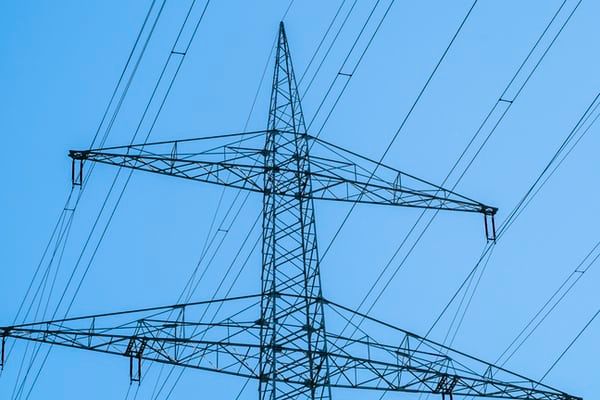The Texas power grid operator, which is under investigation by the US Congress for the failures that occurred throughout the cold snap, fired the CEO amid a worsening situation in the lone star state.
The state’s electric utilities have faced a major plunge after rating agencies were forced to downgrade their debts while Texas still struggles to recover from the devastation caused by the storm, which has resulted in the deaths of dozens of people and left millions with an irregular or no supply of water and electricity.
The board of the Electric Reliability Council of Texas (ERCOT) has become a prime target for customers’ and politicians’ ire over its apparent failure to prepare for the cold weather and the enormous bills some customers have faced due to a massive spike in energy prices.
Also Read: Texas power grid board members resign ahead of state Capitol hearing
ERCOT’s board fired President and CEO Bill Magness late Wednesday after an emergency meeting that gave him 60 days’ termination notice, the company announced.
In a statement given to AFP, the company said, “During this transition period, Bill will continue to serve as president and CEO and work with state leaders and regulators on potential reforms to ERCOT.”
The firing came hours after the House Oversight and Reform Committee launched an investigation into the failures that led to the outages.
Representative Ro Khanna, a California Democrat, sent a letter to ERCOT demanding “all documents relating to preparations, from 2010 to the present, for an extreme winter weather event.”
The letter said the company was warned following previous once-a-decade storms in 1989 and 2011 to better prepare its installations for extreme cold, but failed to do so.
Khanna said in a statement, “Following the 2011 event, the Federal Energy Regulatory Commission (FERC) and North American Electric Reliability Corporation (NERC) conducted an investigation, which found disturbing similarities between the power disruptions in 1989 and 2011”, reported AFP.
The agencies found “that lessons learned from the 1989 winter weather event were either not implemented or not maintained,” Khanna wrote.
He added that the most recent storm could cause losses of up to $50 billion stemming from damage to property and infrastructure and lost crops and wages.
Unlike other states, the power grid in Texas is largely disconnected from the national grid, which was done partly to avoid federal regulation and means it cannot import power in the event of outages.
Texas Lieutenant Governor Dan Patrick, who had called on the leaders of ERCOT and the Public Utility Commission of Texas (PUC) to leave, welcomed the news.
Two “days ago, I called on ERCOT and PUC leaders to resign. Good news — now they are both gone,” Patrick tweeted.
“Next — one of my top 31 priorities — reforming ERCOT and fixing what went wrong.”
PUC chair DeAnn Walker resigned on Monday and several ERCOT board members also stepped down in the wake of the catastrophe.
Texas Governor Greg Abbott has ordered an investigation into the grid operator, and FERC also said it will, again, probe the factors behind the power outages.
ERCOT’s Magness sent a letter Tuesday to the company’s technical advisory committee outlining the most urgent reforms and a “commitment to prevent this kind of event from ever occurring again.”
But the letter’s eight points largely deal with communications and coordination reviews, although it does call for the firm to “analyze a great range of potential risks for extreme weather events and their impacts on the ERCOT grid.”
The committee is due to meet Friday to discuss the points.
Brazos Electric Power Cooperative, the largest electric cooperative in Texas, filed for bankruptcy protection after it received a $2.1 billion bill from ERCOT, while Canada’s Just Energy petitioned the PUC to intervene to defer payments.
Also Read: Texans struggle to find clean water amid cold snap and extreme temperatures
Customers who had previously signed up for the variable-rate plan have been served with bills reaching as high as $16,000.
S&P Global Ratings has cut or warned it could cut ratings on the debt of several local companies due to the storm’s financial impact.
S&P Global Ratings has warned against slashing down the ratings of various local companies in regards to their debts.
Paul Dyson, a credit analyst at S&P Global Ratings said that “the demand surge resulted in extremely high wholesale prices for power and natural gas, in turn generating significant costs and potential liabilities for those utilities that were short or insufficiently hedged.”







